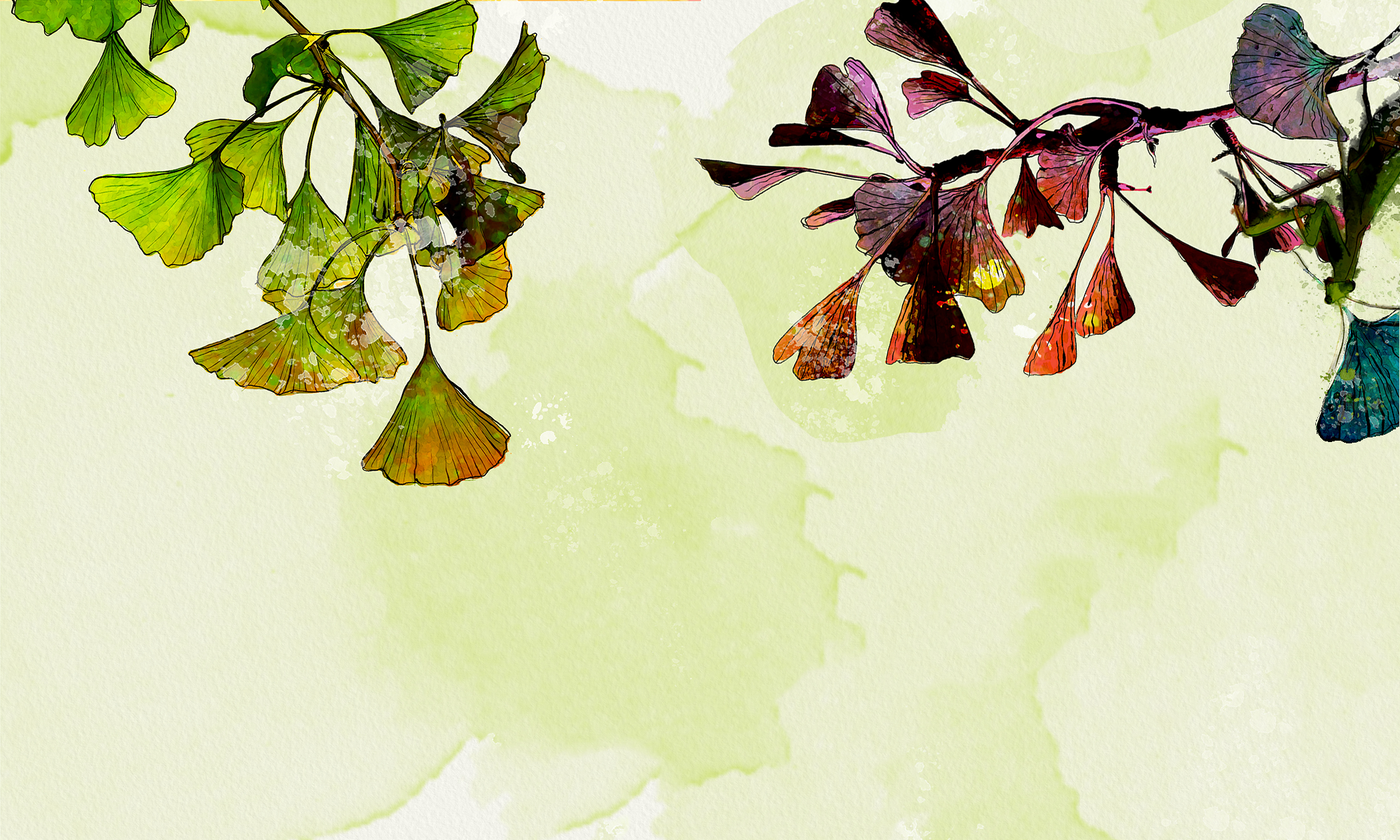
Mantis 20 (Spring 2022)
Translations
Yan An
translated from the Chinese by Chen Du and Xisheng Chen
孔子一定见过大海
孔子一定见过大海
所以他才喜欢乘马骑驴
终生沿着大河的边际行走
没有问过鱼 也没有问过龙
就通晓了为什么每一条河流
赴死般不顾一切奔赴大海的秘密
孔子一定见过大海
所以他喜欢登临泰山
喜欢在东岳泰山的绝顶上
向下俯瞰 将万世浮云尽收眼底
将浮云之下 丝绸泥丸般若有若无的山河
像雨滴露水一样收入胸中
孔子一定见过大海
因此他看得见飞鸟 看得见浮云
也看得见在浮云似的飞鸟
和飞鸟似的浮云之后
那像浮云般若隐若现和若有若无的
云层般的大地以及云层般渺茫的万物
嗨!这个名叫孔子的人
他秃顶上的毛发被劲风一直狂吹着
像快要枯死的海藻一样一蹶不振
我猜想他一定见过大海
Confucius Must Have Seen the Ocean
Confucius must have seen the ocean
That’s why he was fond of horse or donkey riding
Along the bank of a great river for a lifetime
And fathomed without consulting a fish or dragon
The secret of why each river temerariously hastens to
The ocean as if towards its demise
Confucius must have seen the ocean
That’s why he loved to scale the summit of Mount Tai
To have a panoramic view of the clouds
Having drifted for ten thousand ages
And take in the mountains and rivers
As gossamer as clay balls and silk under the clouds
As if they were raindrops or dews
Confucius must have seen the ocean
That’s why he could behold soaring birds, wafting clouds
And the cloud-like earth indistinctly looming
Behind the cloud-like birds and bird-like clouds
With all things as distant and vague as the cloud layer
Hey! This man called Confucius
With the hair on his bald head continuously blustered
By a gale, as prostrate as withering seaweed
I speculate he must have seen the ocean
傲慢者
傲慢者 自珠穆朗玛的巅峰
像寒流一样带着棱角分明的凛冽下来了
自昆仑山上的云雾中下来了
他显现为河流 并把河流分解为五色绸缎
施舍般地分散到世界各处
甚至分散到大海坟墓般并不透明的蔚蓝之中
傲慢者 他沿着山脉
(偶尔也包括几条大峡谷)
和乌云的势力逐步推进
小人心里的毒 那玻璃一样
动不动就互相瓦解的毒
他心系河流
尚且无法顾及
傲慢者是倾向于大海的
在大海上 他随心所欲舀起一瓢海水
——他自己的水
然后再把它玩游戏般地倒入大海之中
傲慢者 银河的把柄握在他的手上
回顾天下 他目睹时间瓦解为尘埃的样子
和雪之后的纷乱与坠落
嫣然一笑 不动声色
傲慢者喜欢用更多的时间观察自己的瓦解
像一座座泥做的雕像 他把它们煮沸在水里
他目睹它们在水中一缕缕地瓦解
不卑不亢 毫无怜悯之心
——傲慢者 他要在自己的消失和死亡里
仿佛过来人一样从容地行走
渐次展开虚无的真谛
Haughty Man
A haughty man has descended from Mt. Everest
With clean-cut biting coldness like a cold current
And from the clouds and mists of Mt. Kunlun
Manifested in a river he has disintegrated
Into pieces of five-color silk satin and scattered
As if doling allover the world and the cerulean blue
Of the ocean as nontransparent as a grave
The haughty man marches forward step by step
Along a mountain range
(Sporadically including several great canyons)
And the sphere of influence of the dark clouds
With his heart tied to the river
But not the viciousness inside a snob’s heart
That easily destructs with each other like glass
The haughty man has a penchant for the ocean
In which he arbitrarily scoops up some seawater
—His own water
And then playfully pours it back into the ocean
The haughty man holds the handle of the galaxy
In retrospect of the world he witnesses
How time is decomposed into dust
And the helter-skelter and falling after a blizzard
Without batting an eye except a winsome smile
The haughty man loves to spend more time
Observing his own disruption as if it were clay statues
He boils them in water and beholds them
Dissolve piece by piece
With no humbleness or arrogance or compassion
—The haughty man will leisurely walk
In his own disappearance and demise like an old hand
To gradually unfold the true meaning of nihility
YAN AN is a most famous poet in contemporary China, author of fourteen poetry books, including Rock Arrangement, which has won him The Sixth Lu Xun Literary Prize, one of China’s top four literary prizes. As the winner of various national awards and prizes, he is also a Vice President of Shaanxi Writers Association, the head and Executive Editor-in-Chief of the literary journal Yan River, one of the oldest and most famous literary journals in Northwestern China. His poetry book, A Naturalist’s Manor, translated by Chen Du and Xisheng Chen, was published by Chax Press.
ALANI ROSA HICKS-BARTLETT is a writer, translator, and Assistant Professor of French and Comparative Literature at Brown University. In terms of her creative work, recent poems and translations have appeared in The Stillwater Review, IthacaLit, Gathering Storm, Broad River Review, The Fourth River, and Mantis, among others. She is committed to bringing the voices of historically and socially marginalized people to the fore; as such, many of her translations prioritize women, diasporic writers, LGBTQIA+, Latinx, and premodern writers. Alani enjoys translating from various Romance Languages, as well from German and Yiddish, to English. Alani holds BAs in French, Spanish, and Italian, from Bryn Mawr College, and attended graduate programs at Bryn Mawr, Middlebury College, and the University of California, Berkeley.
